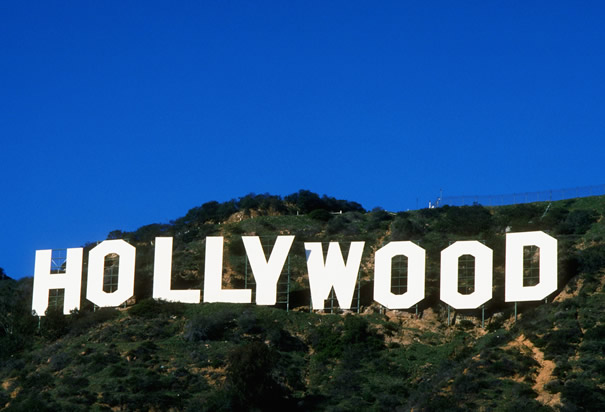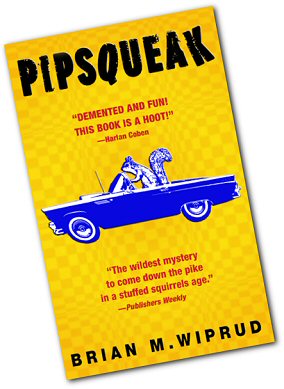 |
| Corporate shill. |
 |
| Walter the Chicken. The one the character in the story is based on. |
 |
 |
| Corporate shill. |
 |
| Walter the Chicken. The one the character in the story is based on. |
 |


Remember my really smart friend Bill? He's the one going off on postmodernism and how striking a non-judgmental pose is what accounts for the dearth of good films.
I've been corresponding with him about themes and we've come to a bit of a disagreement.
First, a little background. Both Bill and I started our lives as writers. For what it's worth, I happen to think he's quite talented. And the feeling is reciprocated.
Bill's contention is that a theme is crafted from the very beginning. Or to quote a quote he quoted to me, "People want to read your point of view. Otherwise reading your (piece) has been a waste of time."
I'm not so sure. I mean, yeah, when you're writing an essay, you need to know what point you're making. But when it comes to fiction, you're telling a story first and foremost, teaching a lesson is way –– and I mean way –– secondary.
When I first write, I actually make an effort not to think about a theme. Something compels me to tell a story and I just go with it.
Once the first draft is complete, I read it over and several themes generally present themselves. The most poignant example of that was a screenplay I wrote about six years ago about a kid who's so good at hide and seek that nobody finds him for 20 years. It didn't occur to me while I was writing it, but the story came to me as a response to my circumstances. I had just discovered in a very sudden and spectacular way that I was an idiot for trusting my financial affairs to someone else, and the theme that emerged as dominant in the story was that sooner or later, we all have to act like grownups and take responsibility for our own lives.
When I rewrite, that's when I'm aware that I'm working with a particular theme or themes. A lot of times I find that my subconscious has presented imagery, story lines, and characters that support the theme, but once I'm aware that the theme is there, I can often sharpen its message.
As a director, there's no rewriting. If you don't shoot an image, you can't exactly rework your piece to include it. The story themes have to be present in the writing, but visual themes are often a matter of some Zen kind of hyper-awareness that makes you go, "I don't know why, but I think it would be a good idea to grab a shot of that."
I used to go in with a thematic intention, but as with my writing I've come to discover that doing so is actually counterproductive. If I'm looking for a particular image, I make myself blind to the opportunities that present themselves. It's a weird kind of trust that you have to have, but if I'm prepared in every other way, the universe provides.
Does that help?